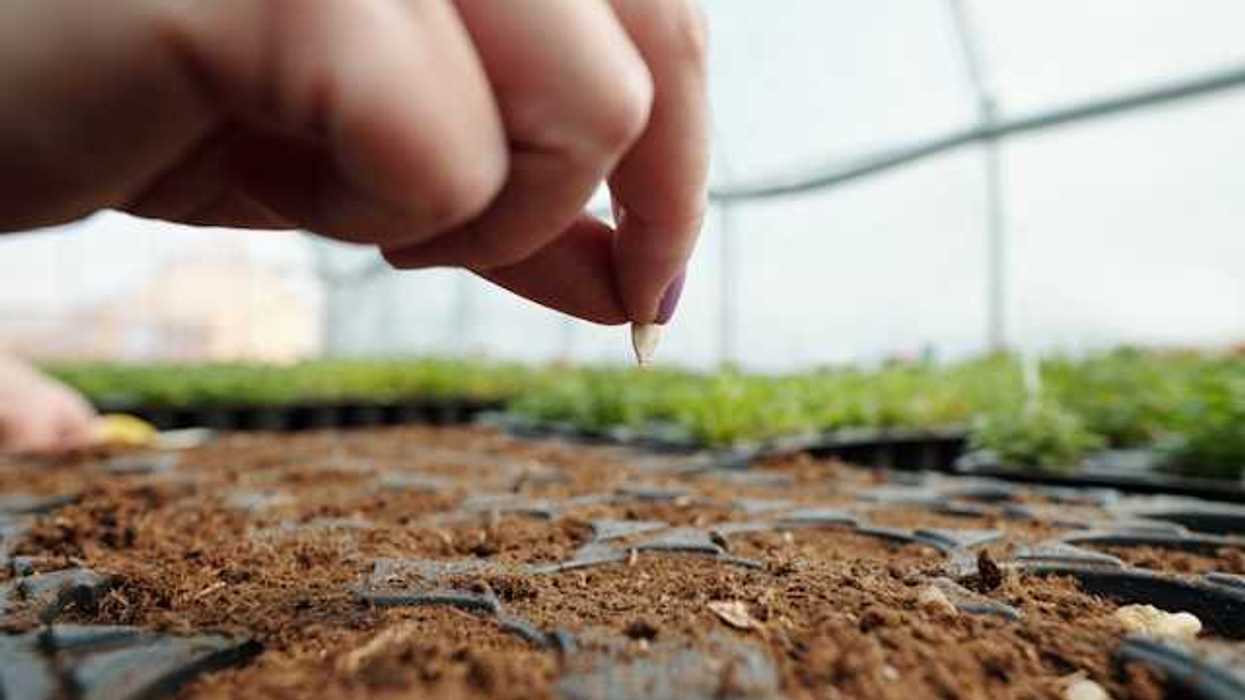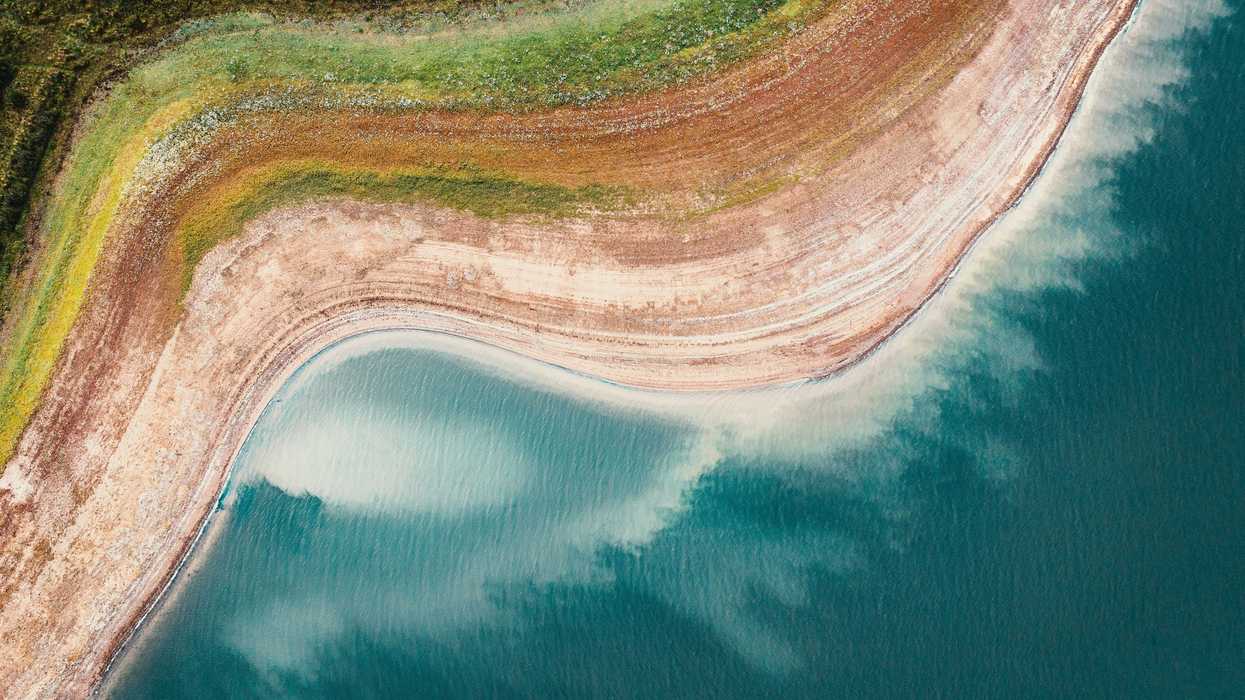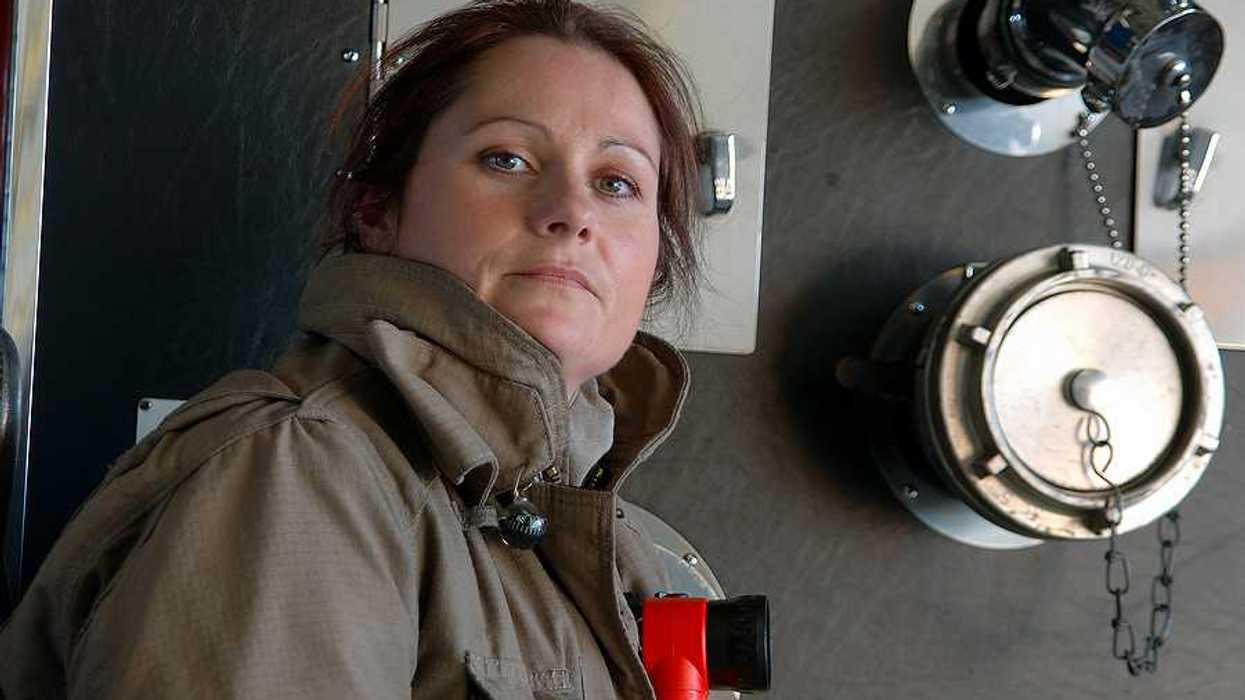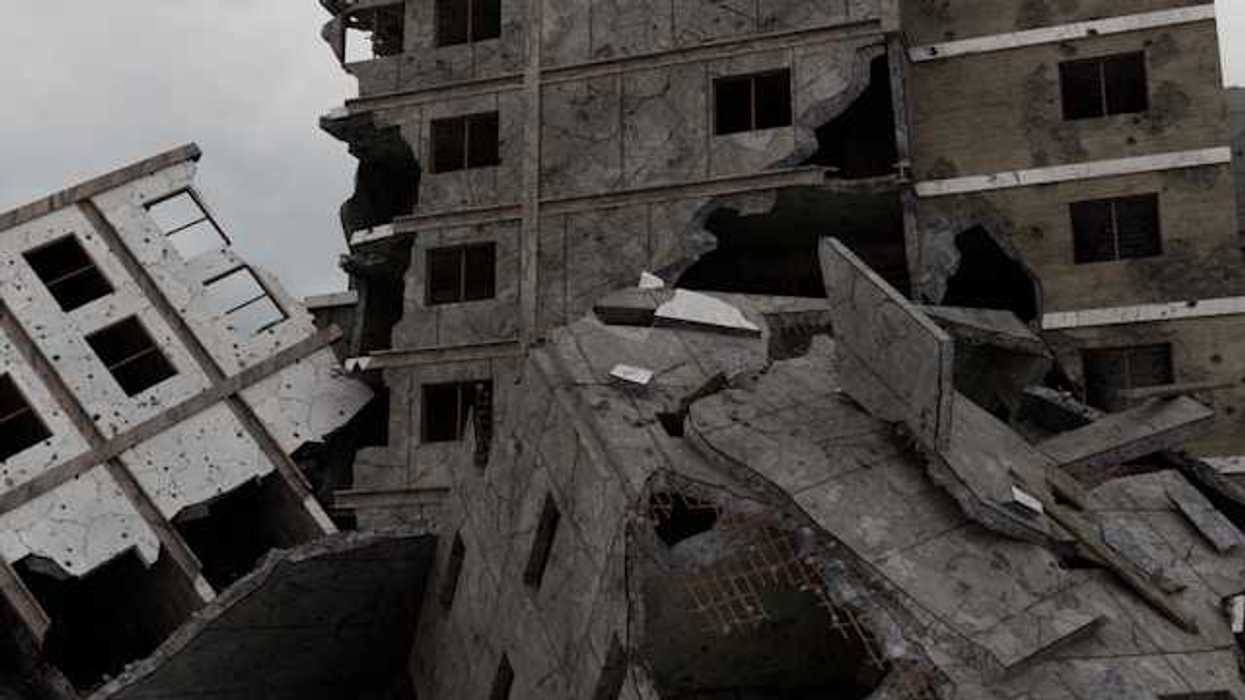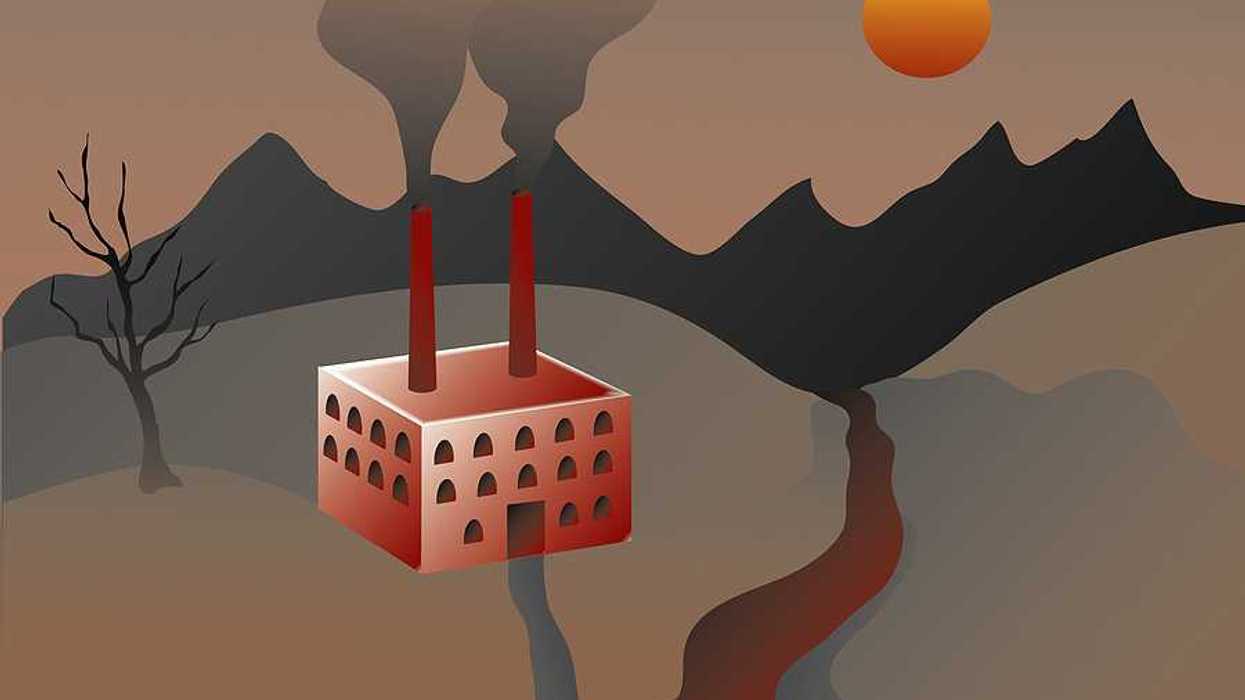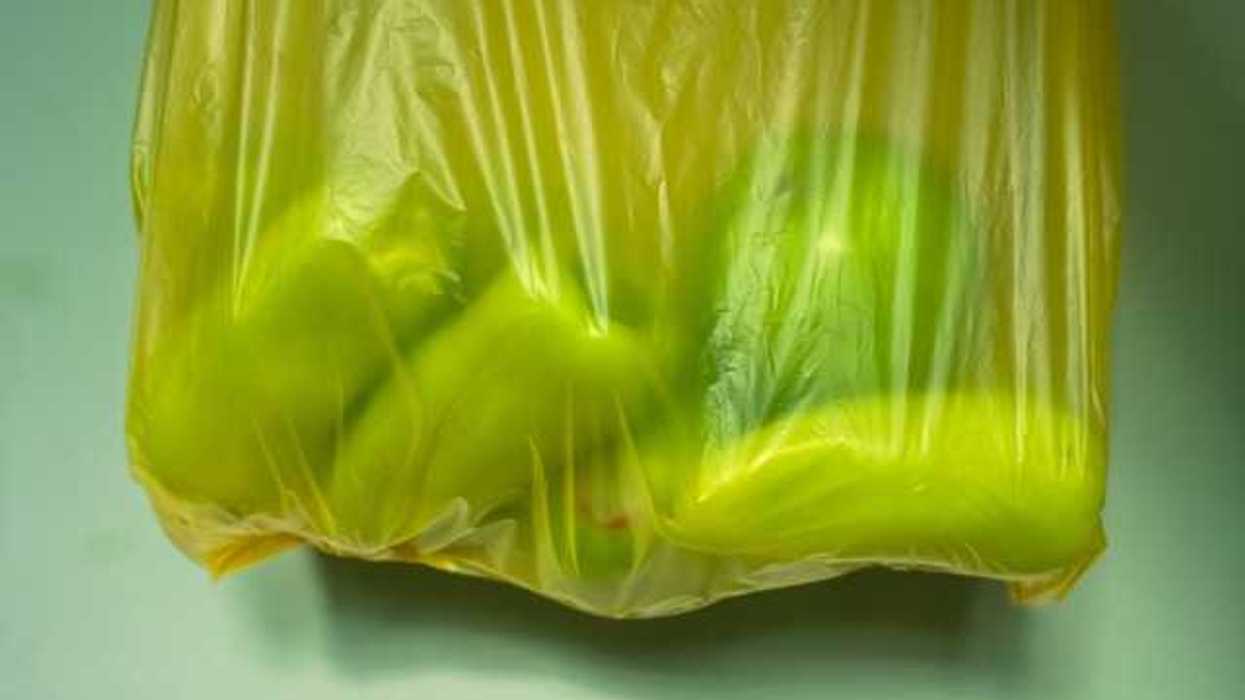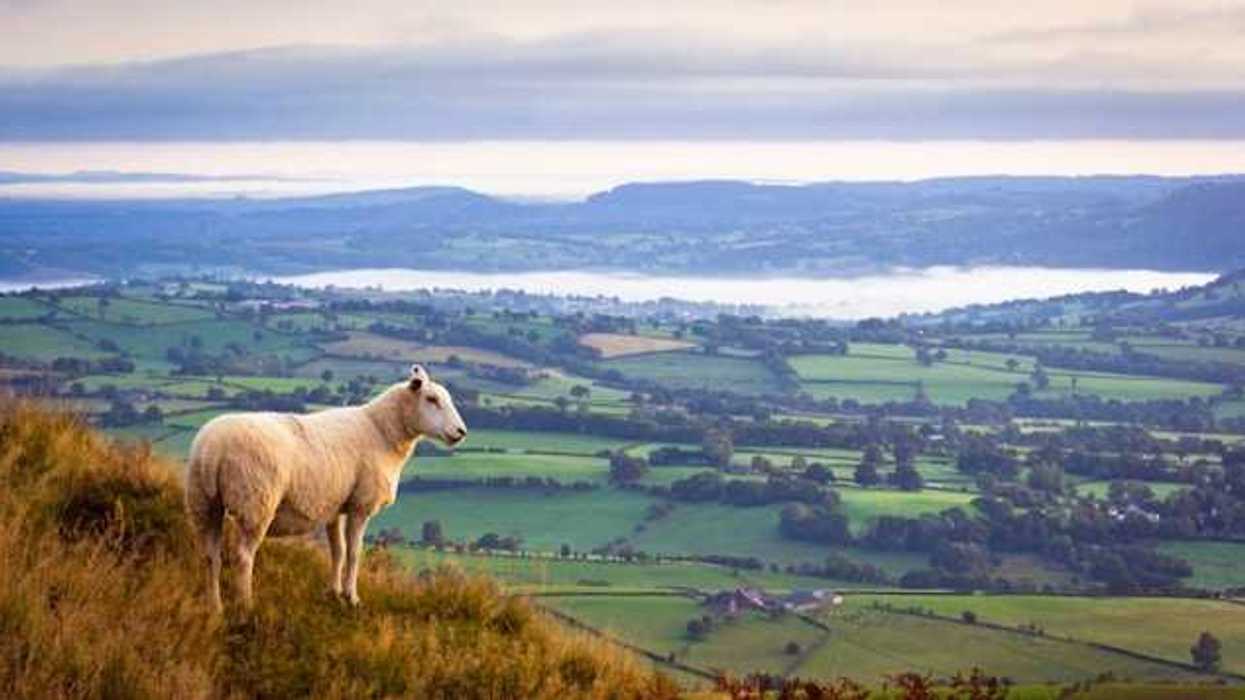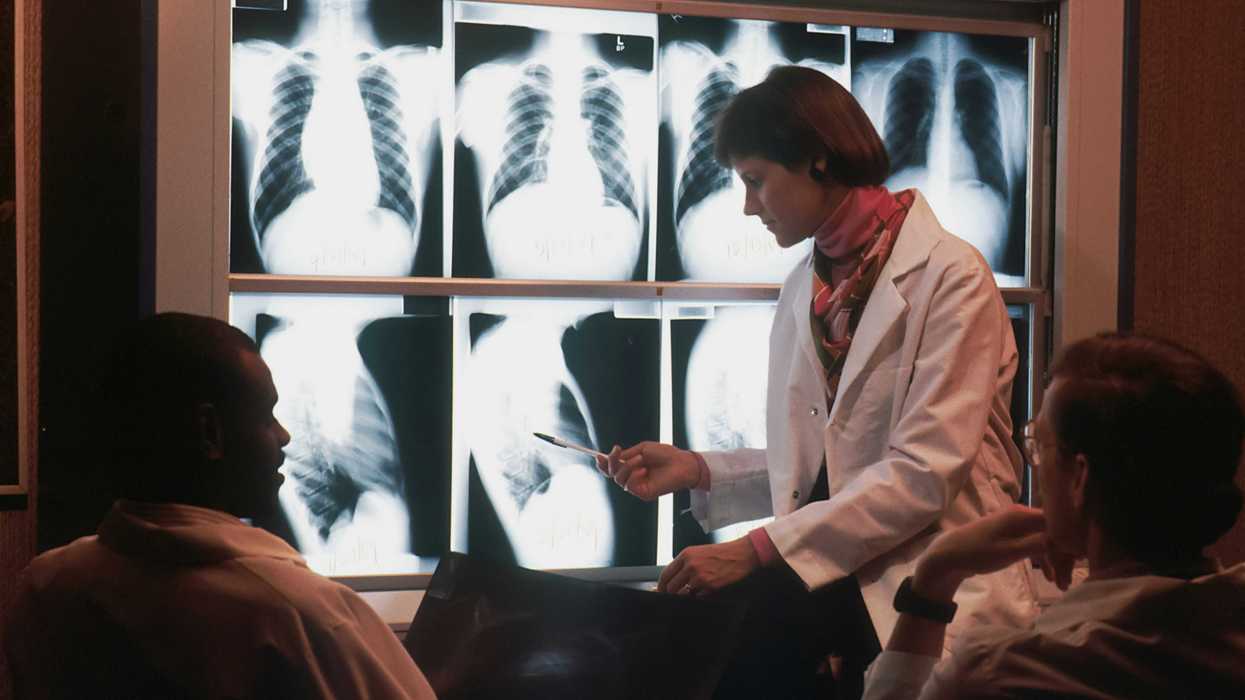Pacific Island nations are urging the world to remember the lasting damage of nuclear testing as momentum builds for broader ratification of the United Nations treaty banning nuclear weapons.
Jon Letman reports for The Guardian.
In short:
- Between 1946 and 1996, the U.S., U.K. and France conducted over 300 nuclear tests in the Pacific, leaving generations with severe health and environmental consequences.
- The UN treaty prohibiting nuclear weapons, which took effect in 2021, has support from 98 countries but remains opposed by nuclear-armed states and NATO members.
- Survivors and diplomats from Kiribati, French Polynesia, and other nations called at the UN this month for justice, recognition, and wider treaty ratification.
Key quote:
“We are not passively awaiting justice; we are actively demanding it.”
— Oemwa Johnson, activist from Kiribati
Why this matters:
The nuclear legacy in the Pacific is a stark reminder that geopolitical decisions made far away can leave scars that last generations. People in Kiribati, the Marshall Islands, and French Polynesia still face elevated cancer rates, chronic illnesses, and environmental degradation from tests conducted decades ago. These communities were often exposed without consent or protection. The debate over the UN treaty also shows the growing divide between powerful nations defending nuclear deterrence and those who have borne its cost. As tensions rise globally, Pacific voices are pressing to be heard — not as relics of the past, but as witnesses to what’s at stake.
Related: Companies sued over massive oil spill in Solomon Islands



